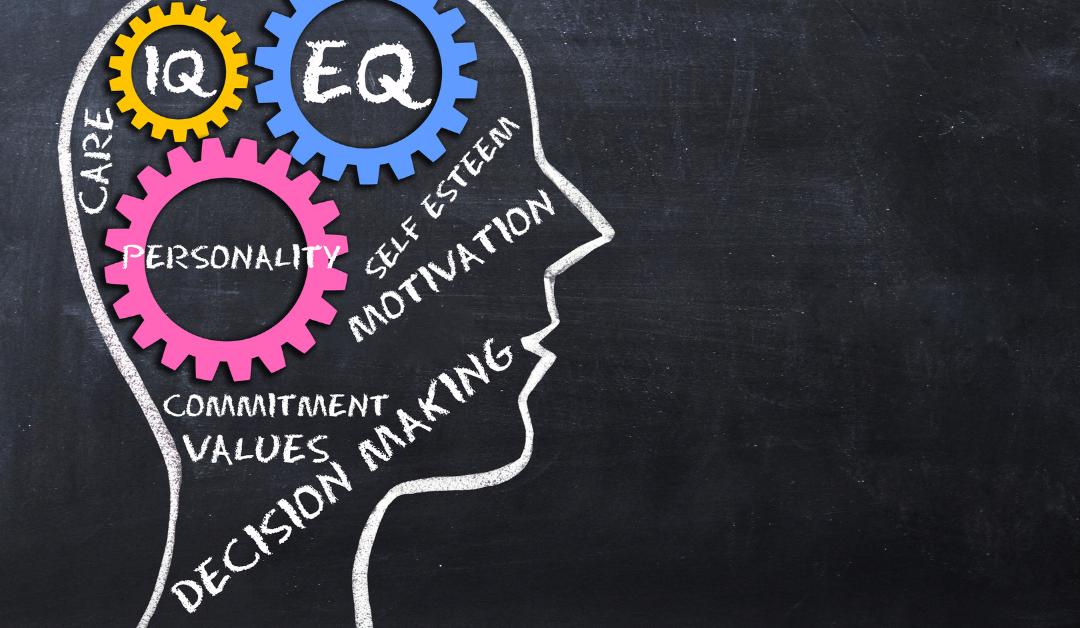Emotional intelligence (EQ), sometimes referred to as emotional quotient, is the ability to understand, use, and manage your own emotions in positive ways to achieve your goals and navigate social situations effectively.
It also involves acknowledging and understanding the emotions of others, building strong relationships, and making informed decisions with your emotions in mind.
Key Components of Emotional Intelligence:
- Self-awareness: Recognizing your own emotions, understanding their triggers, and how they affect your thoughts and behaviors.
- Self-regulation: Managing your emotions effectively, being able to calm down when upset and avoid impulsive reactions.
- Motivation: Directing your emotions towards achieving your goals and staying motivated despite obstacles.
- Empathy: Recognizing and understanding the emotions of others, even if you don’t share them.
- Social skills: Building and maintaining healthy relationships, communicating effectively, and resolving conflicts constructively.
Benefits of High Emotional Intelligence:
- Improved relationships: You can build stronger connections with others by understanding and responding to their emotions effectively.
- Reduced stress: Effectively managing your emotions can help you better cope with stressful situations.
- Enhanced academic and professional performance: High EQ can lead to better decision-making, increased motivation, and improved social interactions in educational and professional settings.
- Greater well-being: Being emotionally intelligent can contribute to better mental and physical health.
How to Develop Your Emotional Intelligence:
- Practice mindfulness: Pay attention to your thoughts and feelings without judgment. Meditation and journaling can be helpful tools.
- Identify your triggers: Notice what situations or people tend to evoke strong emotions in you.
- Challenge negative thoughts: Develop strategies to reframe negative thoughts into more positive and helpful ones.
- Seek feedback: Ask trusted friends or family members for honest feedback on how you manage your emotions.
- Practice social skills: Actively listen to others, express your thoughts and feelings assertively, and be respectful of others’ perspectives.
Additional Points:
- Emotional intelligence is different from simply being “nice” or “good at reading people.” It’s about understanding and managing your own emotions effectively, not just those of others.
- While some people may seem naturally more emotionally intelligent than others, it’s a skill that can be learned and improved with practice.
- Everyone can benefit from developing their emotional intelligence, regardless of their age, background, or profession.
Remember, developing emotional intelligence is a lifelong journey. Be patient with yourself, celebrate your progress, and keep practicing. There are many resources available to help you on your journey, including books, online courses, and workshops.

